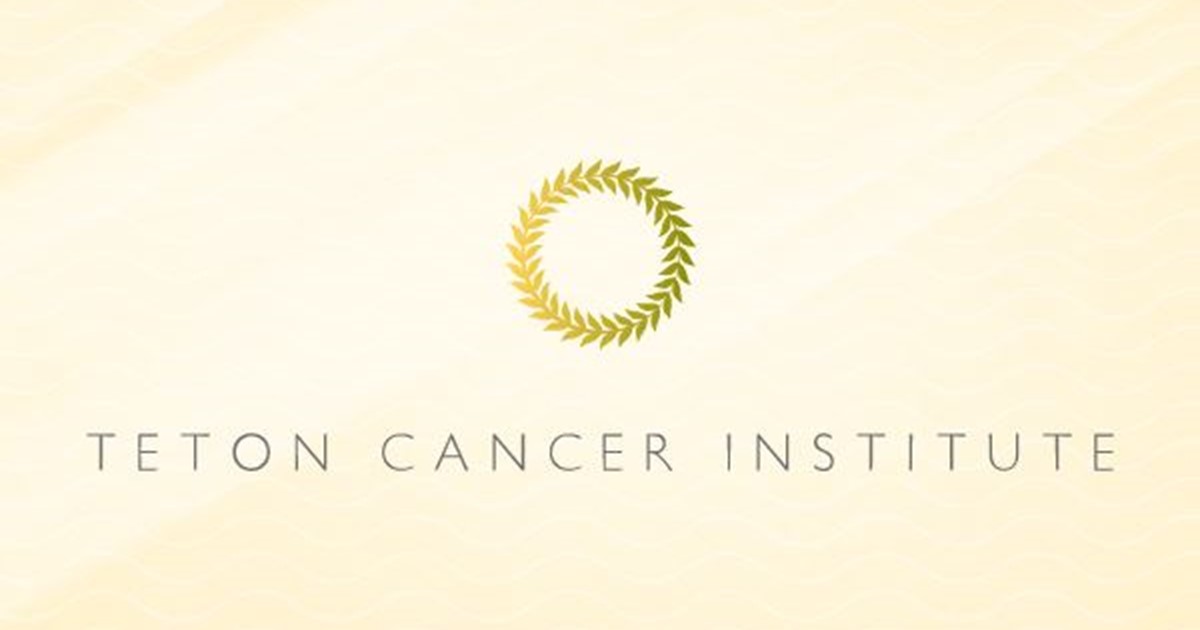What's up next? Here is a guide on what to expect once your cancer treatment ends.
Teton Cancer Institute Support
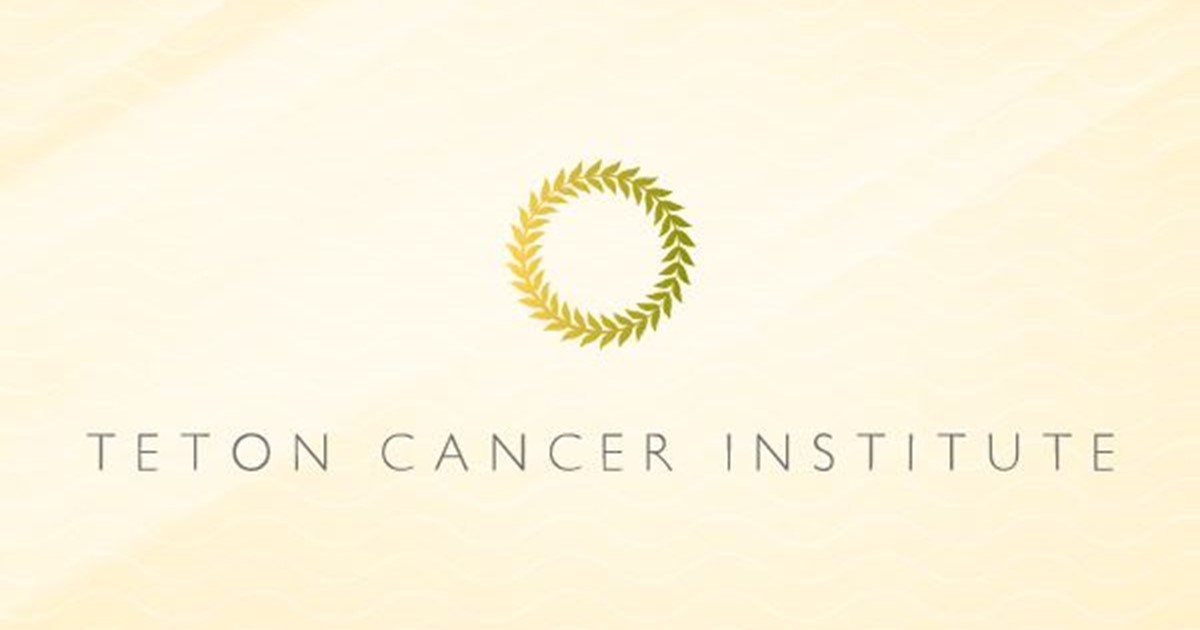
Gathering Support
They say "the more the merrier", and in your case it is true. Find a good support group to be your helping hands, cheerleaders, and the ones to give you helpful reminders.
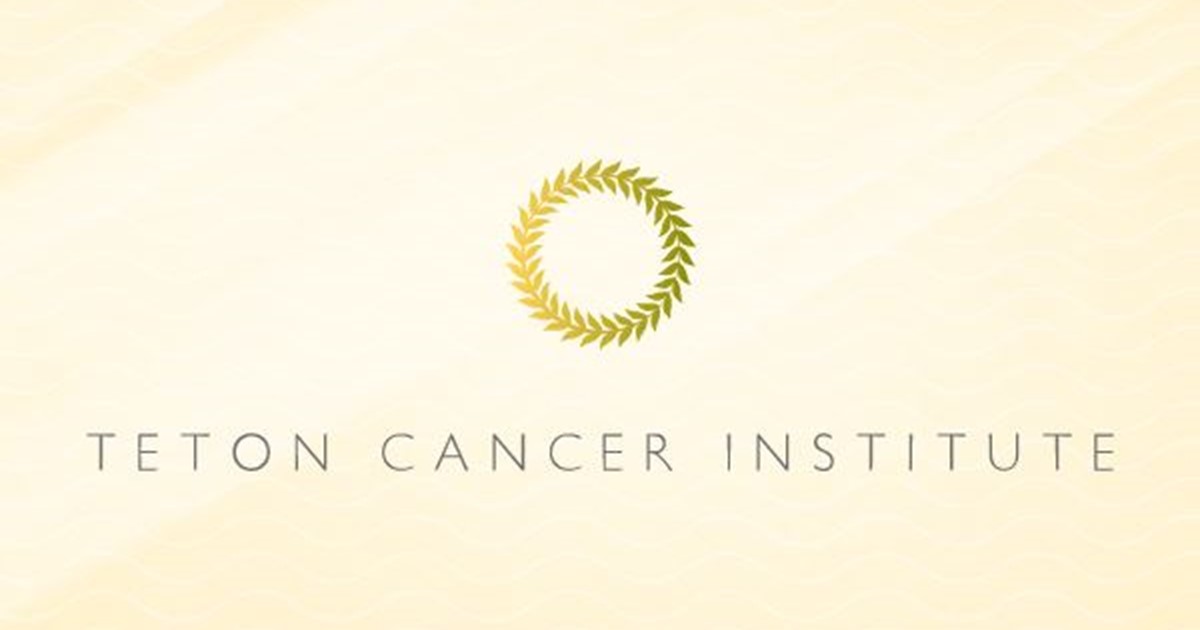
Genetic Counseling
Genetic counseling can help identify if you have a genetic likelihood to struggle with cancer.
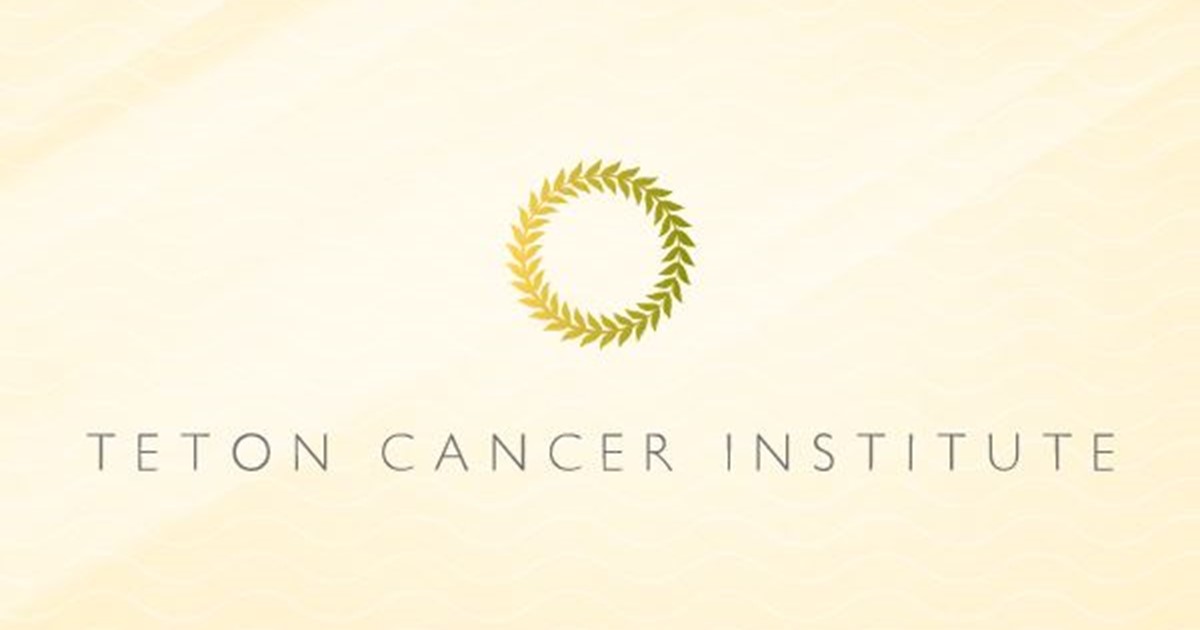
Hair Loss (Alopecia)
Hair loss is a common side effect of cancer treatment. It can vary from person to person, but here is an overview of what you might expect.
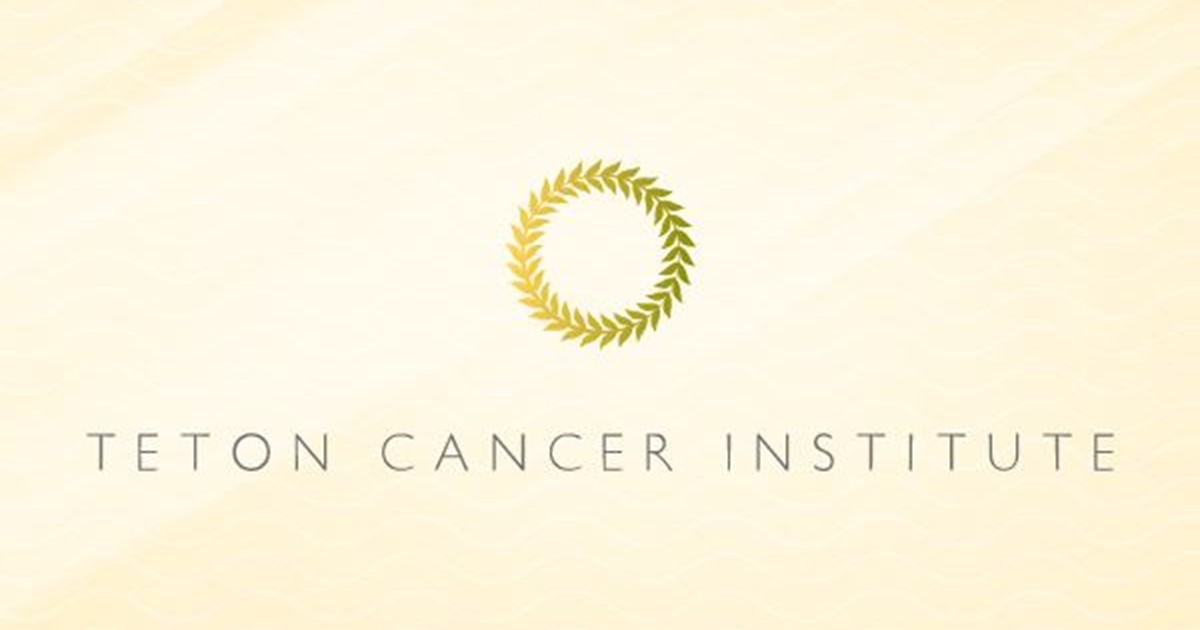
Help For The Helper
As a caregiver, you have a lot of responsibility on your shoulders. Asking for help is the best way to avoid wearing yourself out.
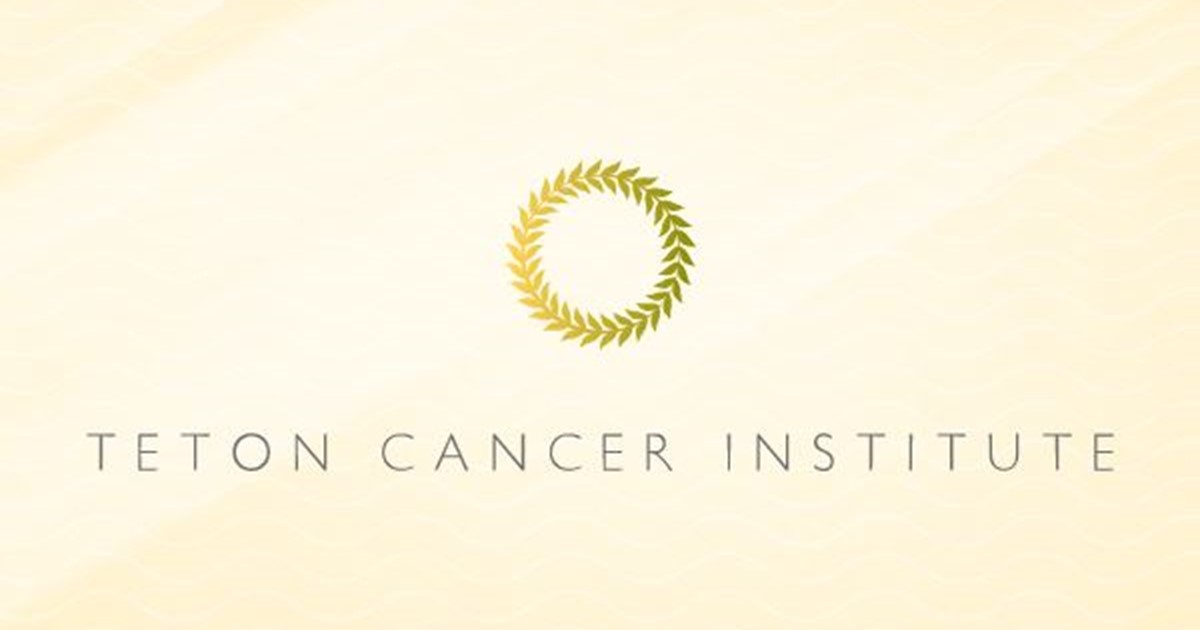
Hormonal Therapy
Hormonal therapy is a way to prevent the spreading of cancerous cells through hormones, which are your body's natural chemical communicators.
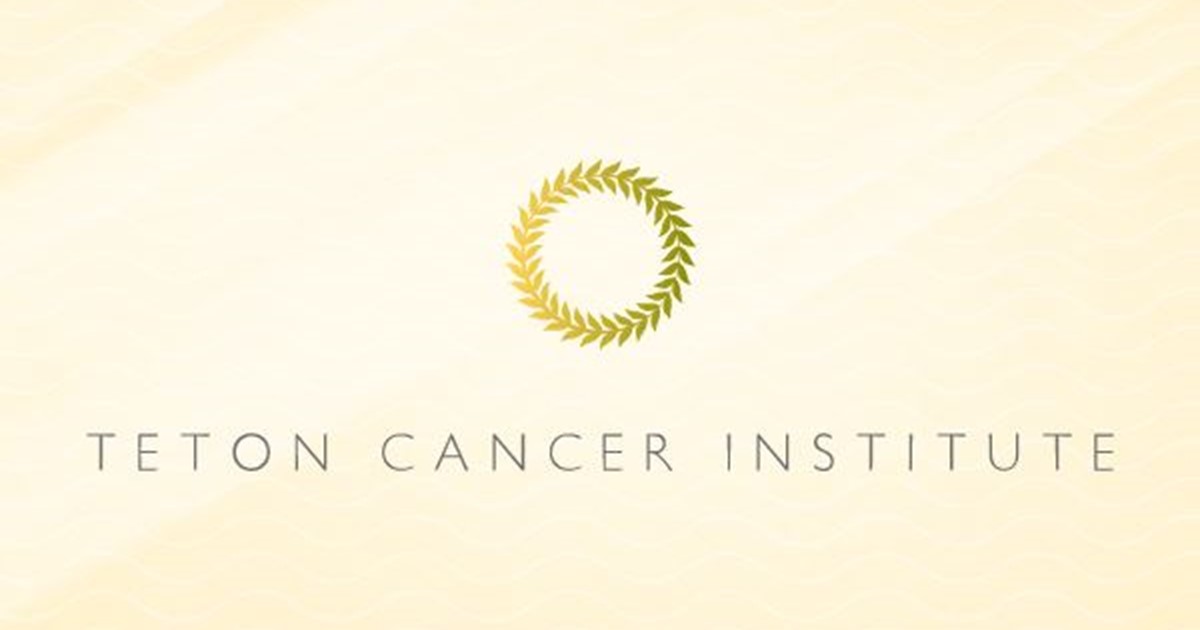
How is Prognosis Determined?
Your prognosis can help you and your medical team establish a plan for the rest of your treatment.
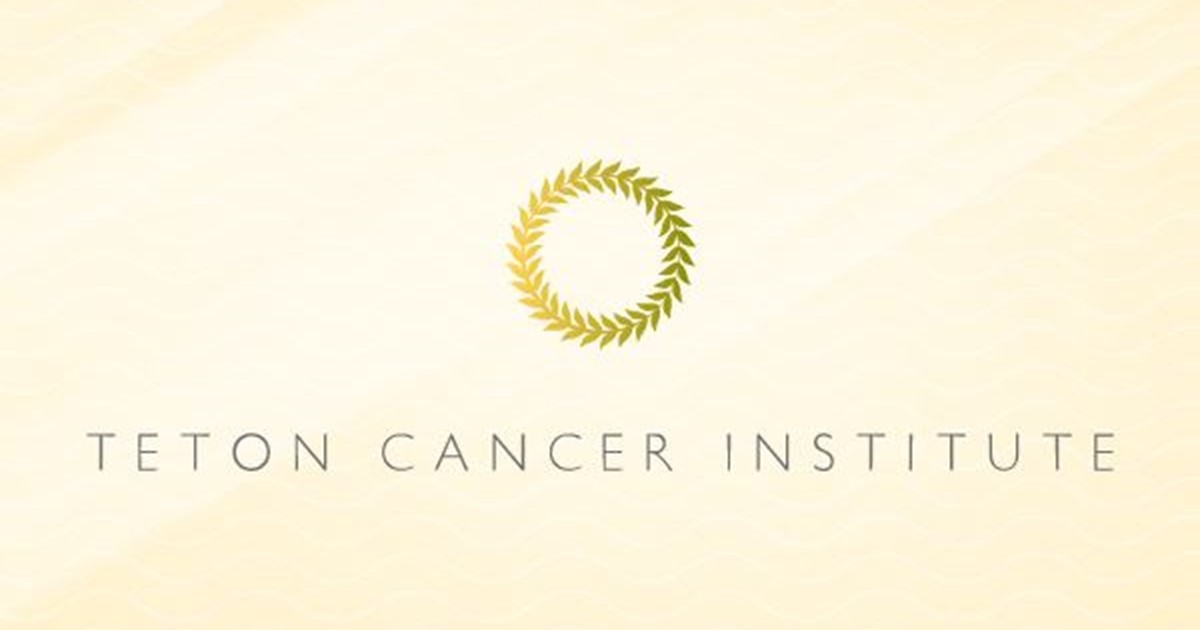
Important First Questions
These questions will help you get valuable information about your treatment. Write them down with any other questions you have.
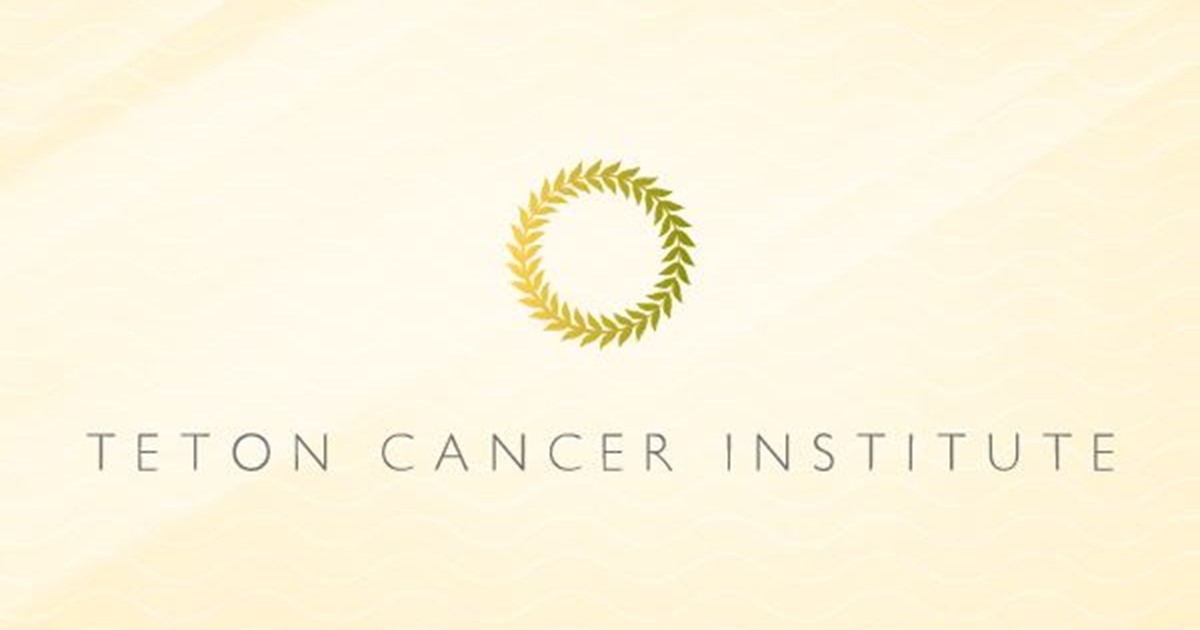
In a Fog—Chemo Brain
Chemotherapy can make your brain feel foggy; remembering might be difficult. Here are some suggestions to help you remember the important things.
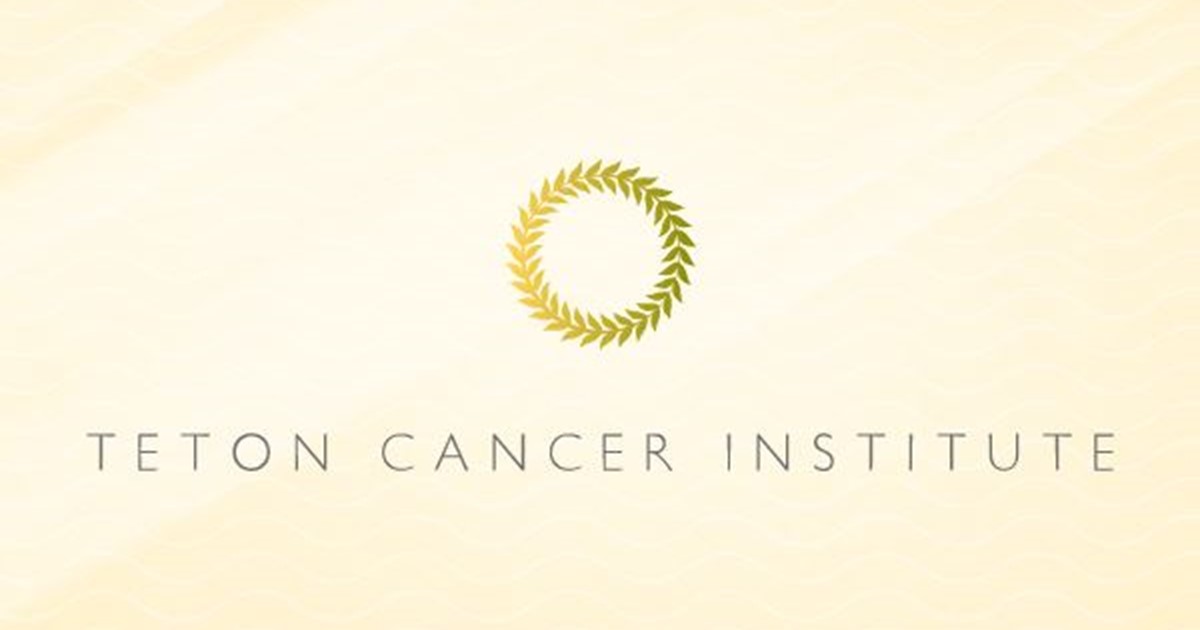
Managing Cancer Treatment Side Effects
There are many potential side effects that come from your cancer treatment. Learn more about the side effects here.

